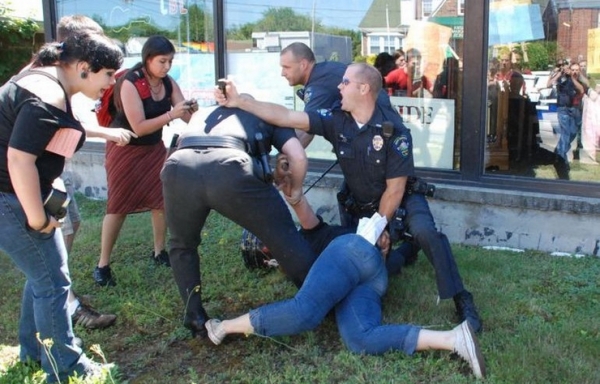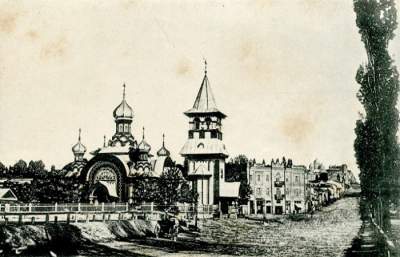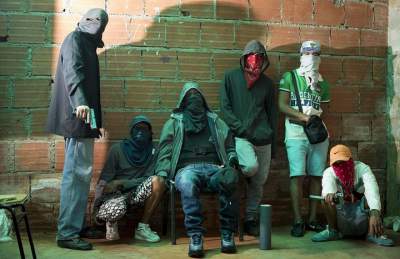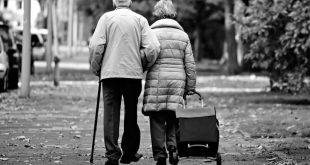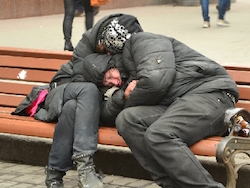
“The number of homeless people in 2014 in Kiev has increased by 20% — they were joined by Toshiki, displaced persons and victims of the fall of the hryvnia,” — says the Kyiv magazine “Korrespondent”
“According to experts from the social centers, In Kiev there are about 20 thousand homeless people, — stated in the publication. — Along with refugees from the ATO zone and warriors, not found in civilian life on the street was the Ukrainians who lost their apartments because of unaffordable loans in foreign currency and economic decline in the country. Soon, their situation could deteriorate further. In April comes into force a law that changes the rules of temporary registration of citizens. In particular, if before the people without a certain residence could be registered in the registration of homeless, now they will need to allocate a place of residence”.
In this case, the magazine stresses, to the state, since in Kiev there is only one dormitory with 150 seats.
On the street of Nizhni Novgorod the center “Stephania”, where the homeless feed the “hits”, that is, in small bursts, continues the edition, telling the story of a former physical education teacher 38-year-old participant ATO Alexander, was filmed in the Odessa apartment with his wife and children. Wining and divorced with his wife, he realized that he had nowhere to go. Now homeless participant ATO wants to return to the army.
One of the main centres of habitation became homeless underground passages in the center of the Ukrainian capital.
“For example, the Maidan — continues the Correspondent. — At first view it may seem that the lives of its inhabitants is visible at a glance. However, homeless have and wait hidden from the eyes of the world and their relationship. In the subway Maidan adjoin the homeless, street artists and musicians, sellers”.
The artists, according to the publication, say about homeless people: “We feel each other”.
“The sellers and homeless relations other class, — the newspaper writes. — Those whose shops and stalls sit alongside vagrants, regularly call the police, complaining about the unsanitary conditions and every morning with the fear open their shops. In unspoken terms, prohibits the police from taking the vagrants for the “yellow line” — the boundary of the underground, separating it from the shopping area of the underpass, but keep an eye on it”.
“The police called, especially when their lot is becoming. What to do if scared? I open the store at seven in the morning, when still dark. And who knows what they have in mind,” he told the magazine saleswoman confectionery in the underpass.

